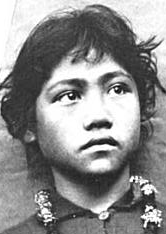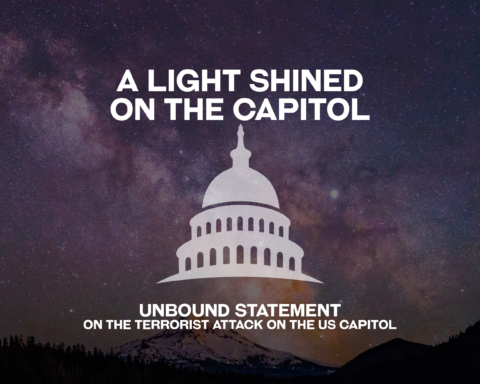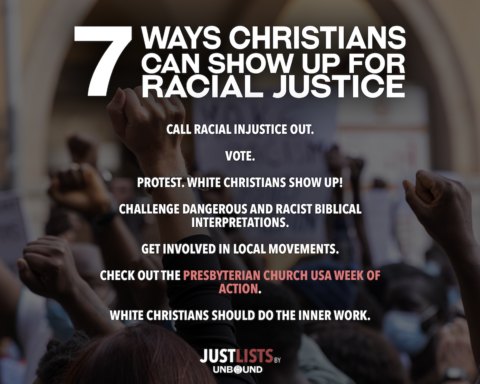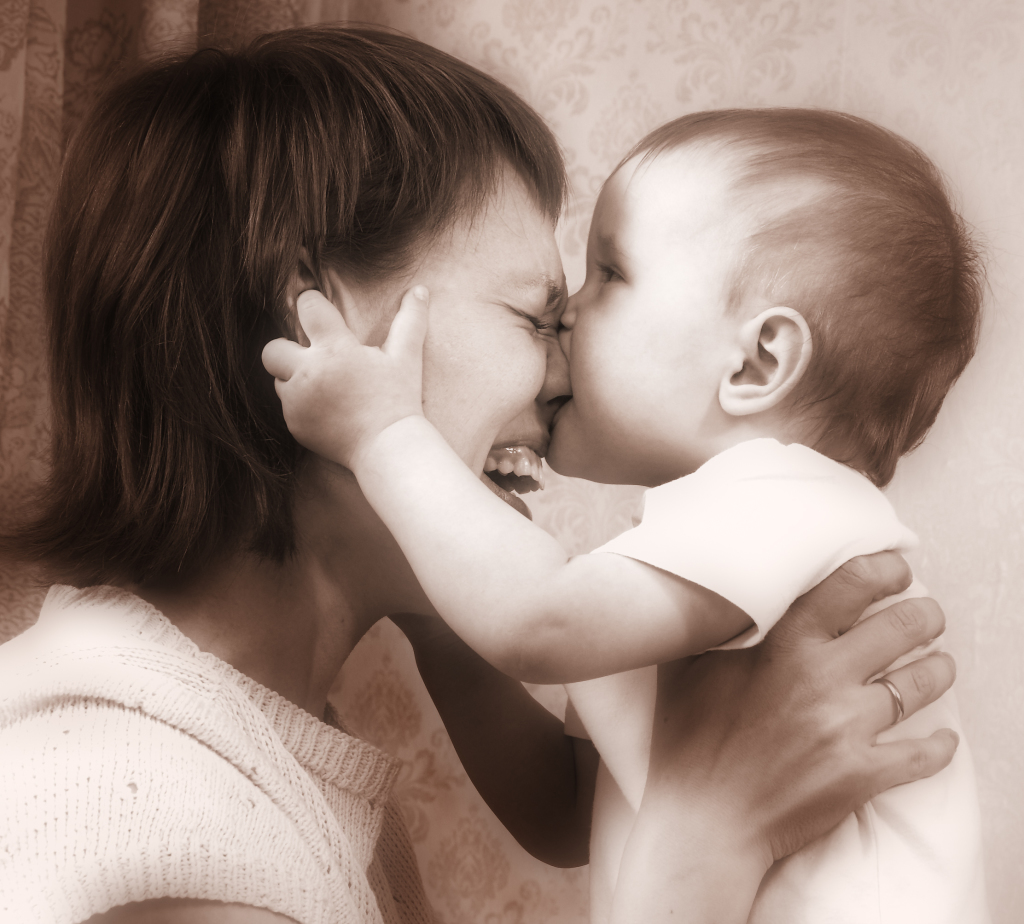On Item 11-08 and Apologizing to Native Peoples

Apology isn’t a sexy word.
Quite often it seems like a weak word. A word we want to skirt around. A word we want to avoid.
But that’s been the problem.
We as a people of faith are called into something different. We are called to honestly confront what we have done in the past and what we are doing today.
I have had to confront our past as Presbyterians as I travelled last year to Lawton, Oklahoma, where I leaned more about the of the Indigenous Peoples’ tribes like the Choctaw and Comanche, who were displaced due to the Trail of Tears to Oklahoma alongside almost 500 other tribes and nations.
I have had to confront our past as Presbyterians when a parishioner in my congregation in Southeast Illinois quietly told me she had kept her Cherokee Nation heritage quiet in our community because she would have been shut out of work and silently ignored in our own pews during the “height” of our congregation’s attendance in the 1950s and 60s. Meanwhile, a friend who lives in Arkansas quietly teaches her children about their heritage, so that the reality of the Trail of Tears will never be just a forgotten memory from yesterday, even as she and her family have acclimated to white culture out of necessity.
___________________________________________
I have had to confront our past as Presbyterians when a parishioner in my congregation told me she had kept her Cherokee Nation heritage quiet in our community because she would have been shut out of work and ignored in our own pews.
___________________________________________
I have had to confront our past as Presbyterians as my family and I have travelled in the Pacific Northwest, where cities like Seattle were named after the great chief Seattle. While doing yoga near the beautiful Snoqualmie Waterfall, I am reminded that settlers “bought” the fall in the late 1800s/early 1900s for mere trinkets in exchange for what they saw as a source of electric power. For the Native Peoples, however, what these colonizers “bought” was a sacred land from the Snoqualmie Tribe (a sub-tribe of the Salish Nation) where people believed heaven met earth and where they could speak with their ancestors.

I certainly am not an expert on Indigenous People, nor am I am expert on all the grievances that have have been committed against various Tribes and Nations in our country. That said, as a person of faith, I am disappointed to learn from authors like Basil Johnston how Native American persons were treated while inducted into Western education. Perhaps many of us have heard the stories now, but they bear repeating. Children were taken away from their families – some kidnapped – and forced into a foreign way of life. They were forcibly inducted into a way of life dictated by tight schedules of worship, work, study, and tasteless food, day-in and day-out, nothing like their lives tribes that lived by the rules of Mother Nature.
As Ohiyesa, a member of the Dakotas (a subtribe of the Sioux Nation) notes, “Long before I heard of Christ or saw a white man… I knew God.” He recounts elders in his tribe saying to a Christian missionary, “Why, we have followed this law you speak of for untold ages! We owned nothing because everything comes from the Creator.” Another said, “I have come to the conclusion that this Jesus was an Indian. He was opposed to material acquisition and… inclined to peace. He was as unpractical as any Indian and set no price upon his labor of love.”
___________________________________________
An apology confesses that we failed to recognize that God the Creator, Jesus the Christ, and the Gift of the Holy Spirit was present in these people, tribes, and nations all along.
___________________________________________
The Social Justice Committee (Committee 11) of the 222nd General Assembly of the PC(USA) has considered and approved recommendation 11-08, “On Offering an Apology to Native Americans, Alaska Natives, an Native Hawaiians” with amendment.

This item may not be the ‘coolest’ recommendation on the docket. It may not be the ‘buzzword’ of #GA222. It may not even get as much floor time as the proposed apology to LGBTQ/Q Presbyterians (item 11-05) – it certainly didn’t get as much time in committee! But it is deeply important to who we are, who we have been, and who we are called to be.
An apology recognizes the fault we as a denomination bear in taking away Indigenous Peoples’ land and way of life, in forcing them to be educated a certain way. It confesses that we failed to recognize that God the Creator, Jesus the Christ, and the Gift of the Holy Spirit was present in these people, tribes, and nations all along.
To all of my brothers and sisters in Christ who are Native Americans, Alaska Natives, and Native Hawaiians, I am truly sorry for our past transgressions. I hope that this official PC(USA) statement of is the beginning to a sincere apology – not only in word but also in deed. I pray that this can be a road towards reconciliation in the faith we share, faith in the One your people have known all along to be the Creator of All.
________________________________________________________
Worked Cited:
- “A Day in the Life of Spanish” by Basil Johnston (pages 167-188) from “Growing Up Native American: An Anthology” Edited and with an Introduction by Patricia Riley. William Morrow and Company, Inc; New York, NY, 1993.
- “The Coming of the White Ways” by Ohiyesa (pages 125-133) from “The Wisdom of the Native American including the Soul of an Indian and other Writing of Ohiyesa” Edited by Kent Nerburn. New World Library; Novato, CA, 1999.
*****
AUTHOR BIO: Thoughtfully engaging the world as a solo pastor at FPC Mt. Vernon in Southern Illinois, Rachel has discovered her passion for God’s people. She has been shaped by her training as a Lily resident at FPC Dallas; seminary studies at LPTS; and life as she knows it as a musician, spouse, avid traveler, animal lover, and mother of a 2 year old.
Read Item 11-08: “On Offering an Apology to Native Americans, Alaska Natives, an Native Hawaiians”.






Unbound Social